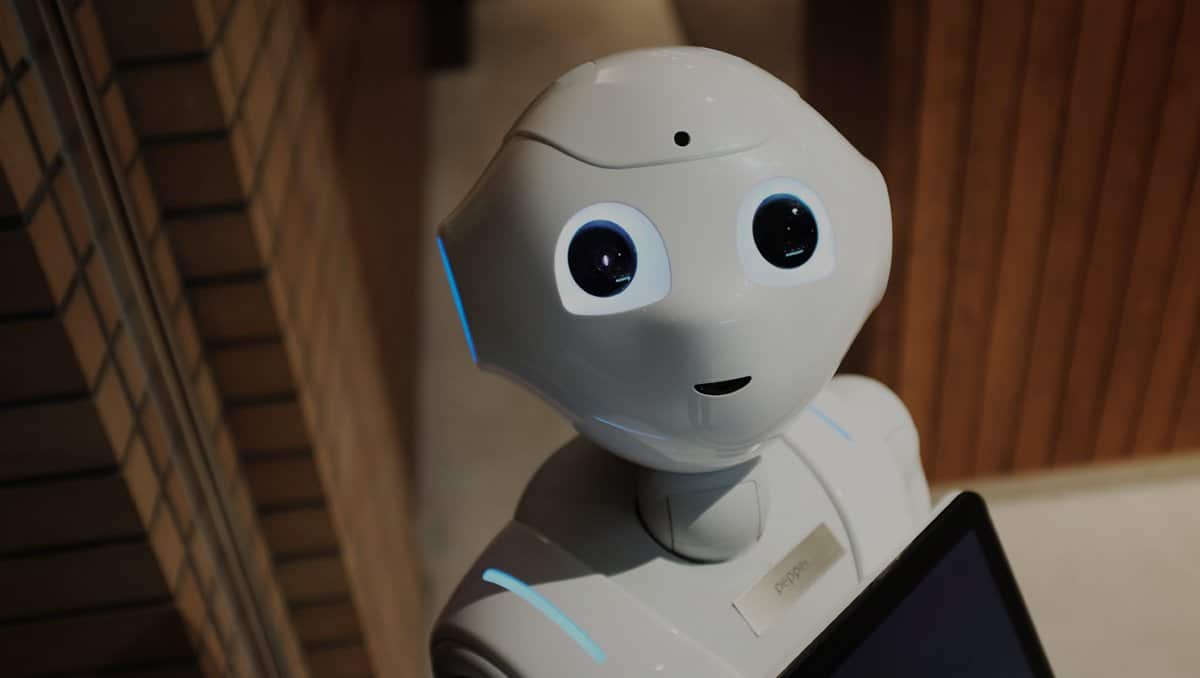The Pros and Cons of AI in Recruitment

Artificial intelligence (AI) for recruitment is still on the up. We already have all kinds of automation and machine learning available, but it’s constantly developing and getting smarter. It’s already being used to improve productivity and performance in recruitment – but when mapping out its potential, it’s easy to say that it is currently still in its primary stages.
The technology is designed to streamline or automate some part of the recruiting workflow, especially with high volume or repetitive tasks. A few of the ways its currently being used:
- Chatbots: these are being used to take away a lot of the manual work for recruiters by screening candidates, asking them questions, answering their queries, and sending automated messages about their progress.
- Resumes screening: one of the most commonly used tools, AI will help to extract data from CVs and present the most qualified candidates (while often rejecting the others, too).
- Virtual reality: some companies are piloting VR, as a way to give candidates real world experience about the company culture and working environment.
- Predictive analytics: these are being used to help understand how a candidate is likely to perform with an organisation, through machine learning and matching of candidate profiles with open roles.
The Benefits
Free up your working hours
The rise of AI sparked some initial fears, because of statistics such as “AI is expected to replace 16% of HR jobs within the next ten years” which started circulating. What this really means is that it’s replacing tasks, not jobs. HR and recruitment professionals will have more time to focus on value adding tasks, rather than spending hours doing things such as manual screening or data entry.
It essentially gives recruiters more time to focus on the human side of things – even when increasing the use of technology.
Reduced time to hire
Hundreds of man hours can be wasted searching, screening, and interviewing the wrong candidates. The use of AI, in many of its forms, helps to reduce time spent doing this by pulling the best candidates to the forefront. CV screening and predictive analytics are extremely useful in identifying the most qualified candidates earlier in the recruitment process, and reduce the time spent searching for them.
Battling unconscious bias
AI also gives us the potential to remove unconscious bias from the recruitment process. If built correctly, the technology can help us to improve diversity and inclusion – both of which have proven to improve organisational performance. While there are still doubts about how reliable this really is (we’ll talk about this later!), as it continues to develop it’s likely to become more consistent. More advanced programmes may even be able to tell you if there is any bias present in your algorithm, to help you tackle the issues.
The Challenges:
Lack of human judgement
There are some things about human judgement that we need to keep in our recruitment processes, rather than handing it over to the latest technology. Sure, that fancy new AI algorithm might be smart, but can it truly replicant issues surround things such as emotional intelligence?
Given that there’s an increasing focus on soft skills, and hiring for the likes of personality, character, and work ethic, human judgement is definitely needed to pick up on these traits. There are candidates out there who might not have an exact match in terms of work experience, but they could still be perfect for the role – and AI might miss this. It could also be a case of a candidate with a CV absolutely gleaming with impressive work experience and education – but their values and goals do just not align with the company’s.
Unconscious bias
We said we’d come back to it. Sure, if AI is done incredibly well then it will probably help you battle your unconscious bias issues. But the issue is, AI learns from data that people feed it. This still makes it susceptible to biases that we don’t actually know we have.
Even the likes of Amazon can get it wrong. They had a CV screening tool in place to help them sift through applications, which had been trained by data submitted by people over a 10-year period. While it was meant to pick out the most promising CVs, it was actually showing bias against female applicants. At one point, it had reportedly downgraded graduates of two all-women’s universities. They attempted to fix their algorithms to get rid of the issues, but they lost faith in its ability and scrapped the project all together.
Given the resources and talent that Amazon have, the fact that their recruiting tool fails suggests that we should maintain some form of scepticism for now surrounding AI and the results it can truly produce.
It won’t work for everyone
Given the sheer volume of data that will be needed to produce some form of reliable algorithm for artificial intelligence, it’s easy to see that using AI is much more suited to large organisations with high volume recruitment. While it’s still likely that you’ll be able to adopt it somewhere in the process, smaller organisations will not be able to implement it on the same scale as other organisations, especially considering it can become a costly process.
You can head here to our Ultimate Guide to Recruitment Technology, where we discuss all things recruitment tech, and where to really draw the line with AI and automation
